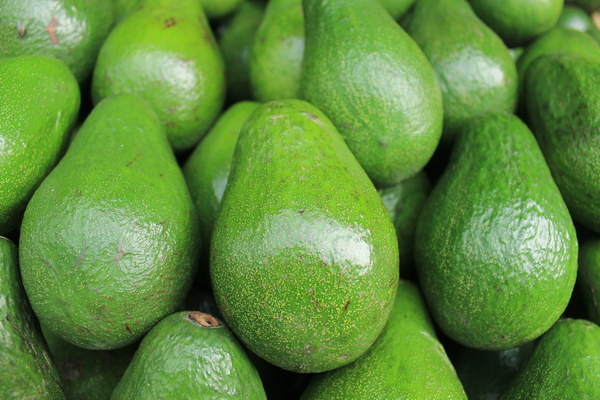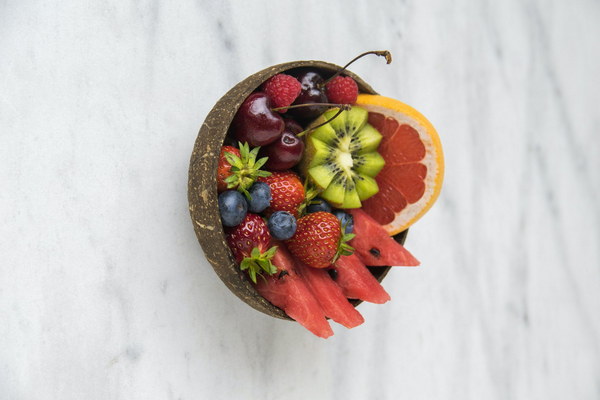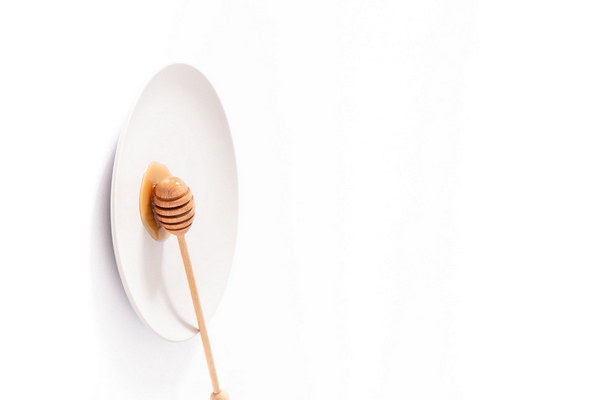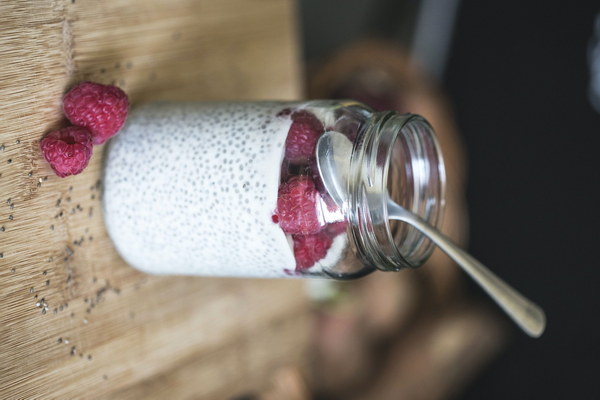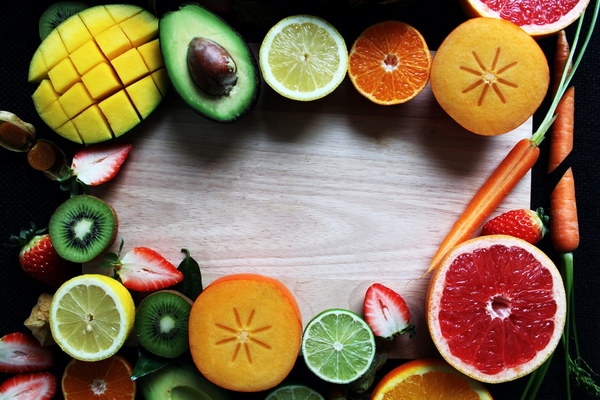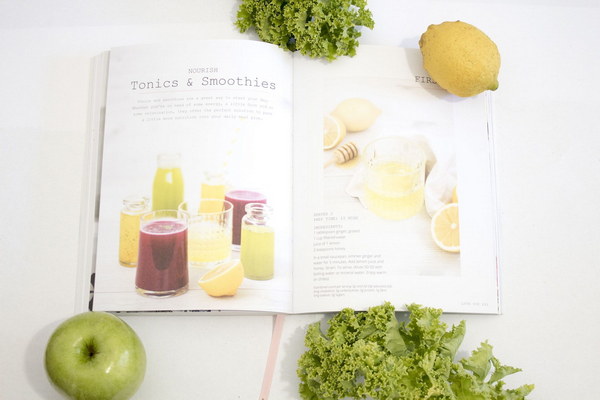Nourishing the Ovarian Follicle A Guide to Foods That Support Luteal Function
Introduction:
The luteal phase is a crucial part of the menstrual cycle, where the corpus luteum, a temporary endocrine gland formed from the ovary, produces progesterone to prepare the uterus for potential pregnancy. A healthy luteal phase is essential for regular menstrual cycles and fertility. While hormonal supplements may be recommended in some cases, natural approaches, such as dietary changes, can also play a significant role in supporting luteal function. This article explores the best foods that can help nourish the ovarian follicle and support a robust luteal phase.
1. Foods High in Fatty Acids:
Essential fatty acids, particularly omega-3 and omega-6, are vital for hormonal balance. Foods rich in these fats include:
- Salmon, mackerel, and sardines: These fish are excellent sources of omega-3 fatty acids, which can help regulate hormone levels and support ovulation.
- Flaxseeds and chia seeds: These seeds are loaded with omega-3s and can be added to smoothies, yogurt, or salads.
- Walnuts: A handful of walnuts daily can provide a good dose of omega-6 and omega-3 fatty acids.
2. Vitamin D-Rich Foods:
Vitamin D is crucial for hormone production and regulation. Foods high in vitamin D include:
- Fatty fish: Tuna, mackerel, and sardines are not only rich in omega-3s but also in vitamin D.
- Fortified dairy products: Milk, cheese, and yogurt can be good sources of vitamin D if fortified.
- Egg yolks: The yolks of eggs are a source of vitamin D, and consuming them in moderation is beneficial.
3. Iron-Rich Foods:
Iron is necessary for the production of hemoglobin, which carries oxygen throughout the body. Iron deficiency can lead to fatigue and affect hormonal balance. Iron-rich foods include:
- Red meat: Lean cuts of beef, lamb, and pork provide heme iron, which is more easily absorbed by the body.
- Poultry: Chicken and turkey are also good sources of heme iron.
- Legumes: Lentils, chickpeas, and beans contain non-heme iron, which is less absorbed but can still be beneficial when consumed with vitamin C-rich foods.
4. Vitamin C-Rich Foods:
Vitamin C enhances iron absorption and supports the immune system, which can indirectly affect hormone production. Vitamin C-rich foods include:
- Citrus fruits: Oranges, lemons, and grapefruits are high in vitamin C.
- Berries: Strawberries, blueberries, and raspberries are not only delicious but also packed with vitamin C.
- Bell peppers: Red, yellow, and green bell peppers are excellent sources of this vitamin.
5. B Vitamins:
B vitamins, especially folic acid and B6, are important for ovulation and the luteal phase. Foods high in B vitamins include:
- Leafy greens: Spinach, kale, and collard greens are rich in B vitamins.
- Legumes: Beans and lentils provide a good amount of B vitamins.
- Fortified cereals: Many breakfast cereals are fortified with B vitamins.
6. Probiotics:
Probiotics can help maintain a healthy gut, which is essential for hormonal balance. Foods rich in probiotics include:
- Yogurt: Choose plain, unsweetened yogurt with live cultures.
- Kefir: This fermented milk drink is also rich in probiotics.

- Sauerkraut: This fermented cabbage dish is a great source of gut-friendly bacteria.
Conclusion:
Supporting the luteal phase with a balanced diet can have a positive impact on menstrual health and fertility. Incorporating a variety of foods rich in fatty acids, vitamins, minerals, and probiotics can help nourish the ovarian follicle and support a healthy luteal phase. However, it's important to consult with a healthcare provider before making significant changes to your diet, especially if you're experiencing fertility issues or have underlying health conditions. Remember, a holistic approach that includes a healthy lifestyle, regular exercise, and stress management is key to overall reproductive health.
